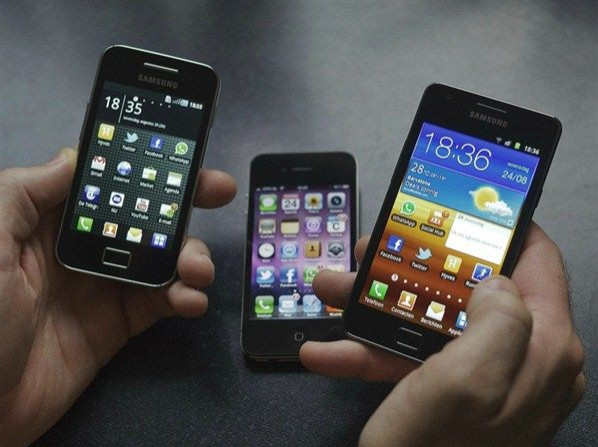Unlocking Cell Phones Will Be Illegal In The US Starting Saturday
EFF attorney says that "It's up to the courts to decide" whether or not unlocking phones is actually illegal.

The practice of configuring a mobile phone to avoid specific carrier network restrictions known as “unlocking” will become illegal in the U.S. starting Saturday.
While the Librarian of Congress had already prohibited purchasing cell phones and unlocking them last October, the 2012 regulation allowed for a 90-day grace period that is set to expire on Saturday.
The Librarian of Congress has the power to determine what exemptions can be allowed to the Digital Millennium Copyright Act, or DMCA. But as Mashable reports, technology activists are beginning to question the law and the amount of discretion that the Librarian of Congress was granted to determine its application.
"Unlocking" a phone essentially involves removing security features that keep the phone locked into a particular mobile carrier network; once unlocked, a phone can therefore work across multiple carrier networks. Compared to other practices like jailbreaking, unlocking phones tends to be fairly benign as far as gadget tampering goes. And for users travelling internationally, it allows them to use their phones across different networks without racking up exorbitant carrier fees.
Several prominent smartphone manufacturers including Apple (Nasdaq: AAPL) and Google (Nasdaq: GOOG) offer unlocked versions of popular models (the iPhone 5 beginning at $649 and the Nexus 4 for $300, respectively) at higher retail prices than the discounted models that come with two-year service contracts.
Tech advocacy group the Electronic Frontier Foundation, or EFF, is contesting the DMCA’s right to mandate who can and can’t unlock a mobile phone.
In a statement to TechNewsDaily, EFF attorney Mitch Stoltz said in a letter to TechNewsDaily.com: "Arguably, locking phone users into one carrier is not at all what the DMCA was meant to do. It's up to the courts to decide."
© Copyright IBTimes 2024. All rights reserved.






















